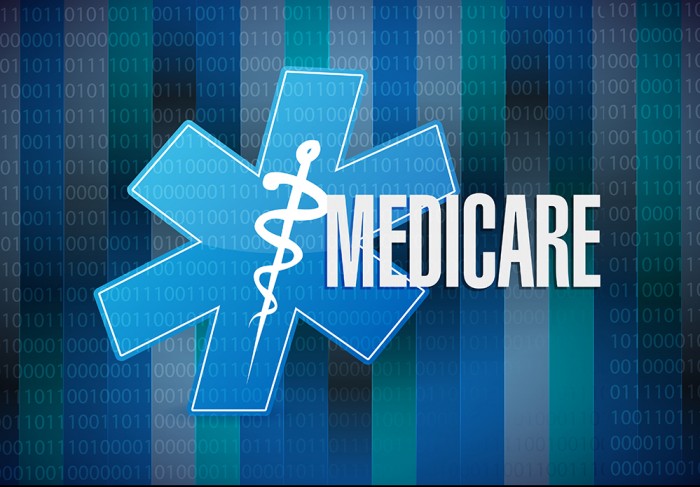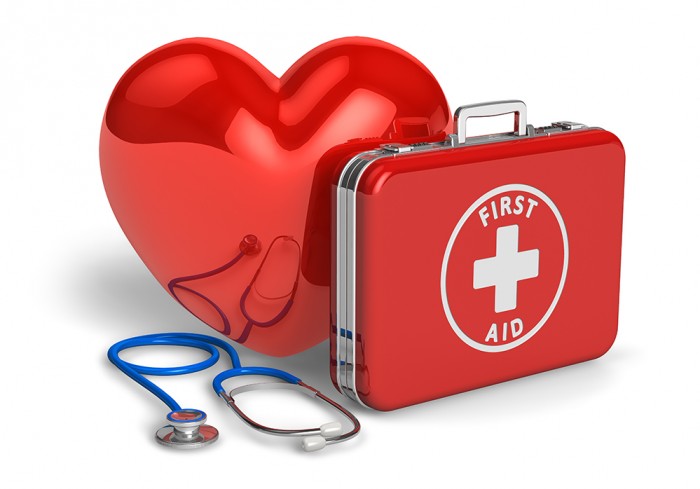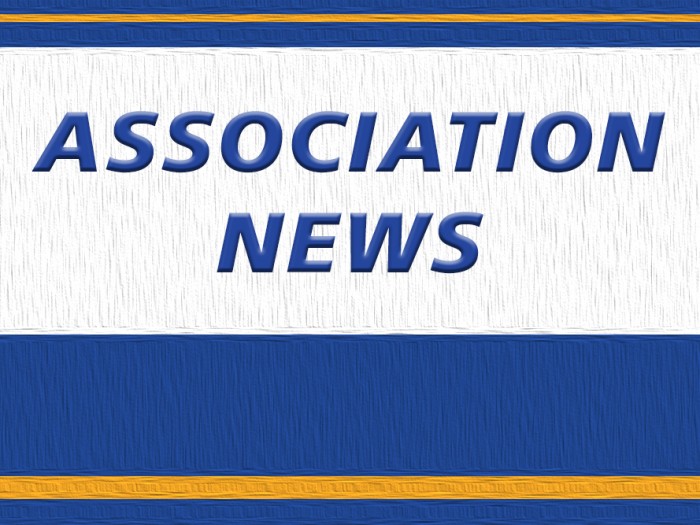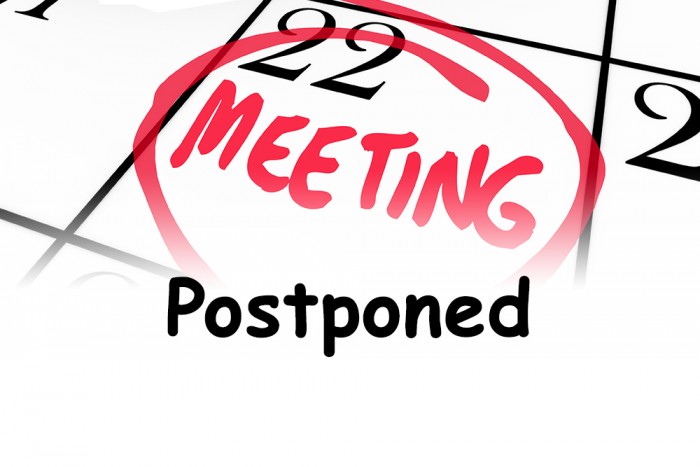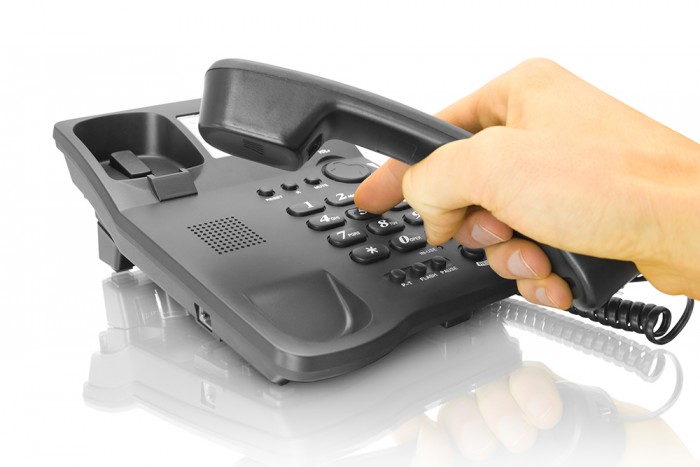In response to President Trump’s declaration of a National Emergency on March 13, 2020, the Centers for Medicare and Medicaid Services (CMS) issued blanket emergency waivers (known as 1135 waivers) to certain Medicare regulations that include rules for post-acute care (PAC) providers. Included in these post-acute waivers:
Inpatient Rehabilitation Facilities (IRFs):
Waiver of 60 Percent Rule: CMS is waiving requirements to allow IRFs to exclude patients from the hospital’s or unit’s inpatient population for purposes of calculating the 60 percent rule, if an IRF admits a patient solely to respond to the emergency and the patient’s medical record properly identifies the patient as such. CMS will also, during the applicable waiver time period, apply the exception to facilities not yet classified as IRFs, but that are attempting to obtain classification as an IRF.
Acute Care Patients in IRF Units: CMS is waiving requirements to allow acute-care hospitals to house acute-care inpatients in excluded distinct part units, where the distinct part unit’s beds are appropriate for acute-care inpatient. The Inpatient Prospective Payment System (IPPS) hospital should bill for the care and annotate the patient’s medical record to indicate the patient is an acute-care inpatient being housed in the excluded unit because of capacity issues related to the disaster or emergency.
Rehabilitation Patients in Acute Care Beds: CMS is waiving requirements to allow acute-care hospitals with excluded distinct part inpatient rehabilitation units that, as a result of a disaster or emergency, need to relocate inpatients from the excluded distinct part rehabilitation unit to an acute-care bed and unit. The hospital should continue to bill for inpatient rehabilitation services under the inpatient rehabilitation facility prospective payment system (IRF PPS) for such patients and document in the medical record to indicate the patient is a rehabilitation inpatient being cared for in an acute-care bed because of capacity or pressing circumstances related to the disaster or emergency.
Skilled Nursing Facilities (SNFs): CMS is waiving the requirement for a 3-day prior hospitalization for coverage of a skilled nursing facility (SNF) stay. CMS is also providing relief to SNFs on the timeframe requirements for Minimum Data Set (MDS) assessments and transmission.
Home Health Agencies: CMS made adjustments to the timeframes for Home Health Agencies for OASIS transmissions. In addition, Medicare Administrative Contractors (MACs) have been granted permission to extend the auto-cancellation date for Requests for Anticipated Payment (RAPs) during emergencies.
CMS also made it clear that they will accept and review provider-specific requests for relief on a case-by-case basis and have provided additional information regarding how to apply for a waiver.









